Economy
Financial planning for beginners: an easy guide
With our beginner's guide to financial planning you will learn how to achieve more with your money in the near or distant future.
Advertisement
From planning a short term trip to a long term retirement plan, this is your guide to financial planning

Welcome to our guide to financial planning for beginners. We must start this article congratulating you for putting in the effort to think your financial life through. Let’s be honest: this is not a fun job.
But let’s be honest again, whoever has goals of any sort that involve money, must come to terms with financial planning.
This means taking responsibility for managing your money in an intelligent way. A financial plan is a thorough assessment of someone’s current and future financial conditions.

How much money to save for an emergency fund?
Don't get caught in an emergency situation with no savings to overcome it. Make your emergency fund with the help of these useful tips you'll find in this blog post.
Financial planning is about having a clear picture of your finances so that you can plan and achieve goals in the future.
A well-designed financial plan should include variables such as income, savings, debt, investments, and expenses.
Of course, other variables can come into play, but let’s keep it simple. Once you have a clear-cut snapshot of your financial life, you are ready to start making plans.
So, without further ado, let’s dive right into it. Here is our guide to financial planning for beginners.
1. Define what you want to achieve
If you do not have a goal, why do you need any planning? So the first thing that needs to be crystal clear to you is what you would like to achieve. Write your goals down.
What are they? Do you want to retire early? Do you want to go on a cruise? Do you want to buy a house? Do you want to achieve financial independence?
No matter how big or how small the goal, if they require a significant amount of money, they require planning.
What we mean by a “significant” amount is a sum large enough to make you uncomfortable. If it makes you uncomfortable, it is because that amount is relevant to your budget.
You cannot make this kind of decision on impulse. Hence, you need financial planning.
Do your introspective work and research and find out how much you need and within how much time you want to achieve it.
No matter what it is, once you have put it down on paper, the plan will start to take shape.
You will be redirected to another website
By submitting this form, I agree that I am 18+ years old and I agree to the Privacy Policy and Terms and Conditions. I also provide my signature giving express consent to receive marketing communications via automated emails, SMS or MMS text messages and other forms of communication regarding financial products such as credit card and loans. Message frequency varies and represents our good faith effort to reach you regarding your inquiry. Message and data rates may apply. Text HELP for help or text STOP to cancel. I understand that my consent to receive communications is not a condition of purchase and I may revoke my consent at any time.
2. Figure out your net worth

Your net worth is a value that reflects a combination of your assets and your liabilities. Knowing your net worth is a basic step in financial planning for beginners.
Assets are things that you can sell and convert into cash. Your assets can be non-financial (cars, homes, jewelry, computers, guitars, cameras, etc.) or financial (stocks, bonds, mutual funds, etc.).
For the purposes of personal finance, we will also consider as assets all the money you have in your bank account. Both savings and checking accounts.
Now, liability is any sum of money that you owe someone. Some examples are loans, mortgages, car payments, credit card debt, student loan debt, etc.
To calculate your net worth, subtract the value of your liabilities from the value of your assets. The resulting number is your net worth.
3. Calculate your cash flow
Cash flow literally means the flow of cash. Think about it as you would think about the water flowing in a river: where does it come from, and where does it go?
Your money comes most notably from your income, which in turn is compensation from some form of work. Some people have a single source of income, while others have 2 or more.
Whichever happens, to be your case, make sure you are able to draw a clear picture of how much money comes in. Then, the next step is to delineate where all that money is going.
You must shine a light on all of your recurring expenses and also understand your extra spending habits. These are things such as going to the movie theater, shopping for clothes, gift card purchases, etc.
As a rule on financial planning for beginners, you want to have more money coming in than going out. If the result of your calculation shows you the opposite, something needs to change.
Otherwise, you will not be able to move forward.
4. Make your spending match your goals

This is where theory meets practice. Once you know how much your net worth is and how much money comes in and out, it is time to ask the question: are your goals realistic?
This is where many beginners fall short when it comes to financial planning. You can’t make anything out of a fantasy. Having a plan and a goal is different than getting into fantasy.
In other words, can your goal be achieved within the period of time you have established? If the answer is yes, then it’s time to move forward.
However, if the answer is no, you will need to make a few changes. What kind of change you are going to have to make is up to you to decide, but here are a few possible solutions.
Although this is a terrible thing to admit, you might just have to lower the bar and set up more realistic goals. This is the most pessimistic scenario.
One where there is absolutely nothing you can do about your net worth and cash flow. In a much better scenario, you might find ways to add an extra source of income to your cash flow.
You might also figure out ways to reduce your spending, hence retaining more of your income. Another thing you can do is sell or exchange assets.
When you sell them, you get the cash that you can put to work towards your plan. When you exchange them, you might use your assets to pay for part or the full amount of whatever your goal is.
5. Invest your money and keep your taxes in check
This is especially important if you are planning for the long haul. Over long periods of time, taxes tend to be a heavy burden to carry if you do not keep them in check.
One way of reducing taxes is starting your own business to benefit from tax write-offs. Another one is having investments that receive a differential tax treatment, such as a Roth IRA or a 401k.
You must also learn what you can about investing. Do not be fooled by promises of easy money with day trading.
This stuff only works if you already have so much money you don’t even care if you lose a few thousand dollars every now and then.
Create an investing strategy that will bring you benefits in the long run, and stick to it through storm and strife.
And if you need some suggestions to start investing, we have a list of some low-risk investments. This is a great option for beginners who want to keep safe while learning how to invest. Read on!

Safe investments with the best low-risk options
You don't need to take high risks to start investing, Pick one of these low-risk investments and you'll keep your money safe.
About the author / Danilo Pereira
Trending Topics
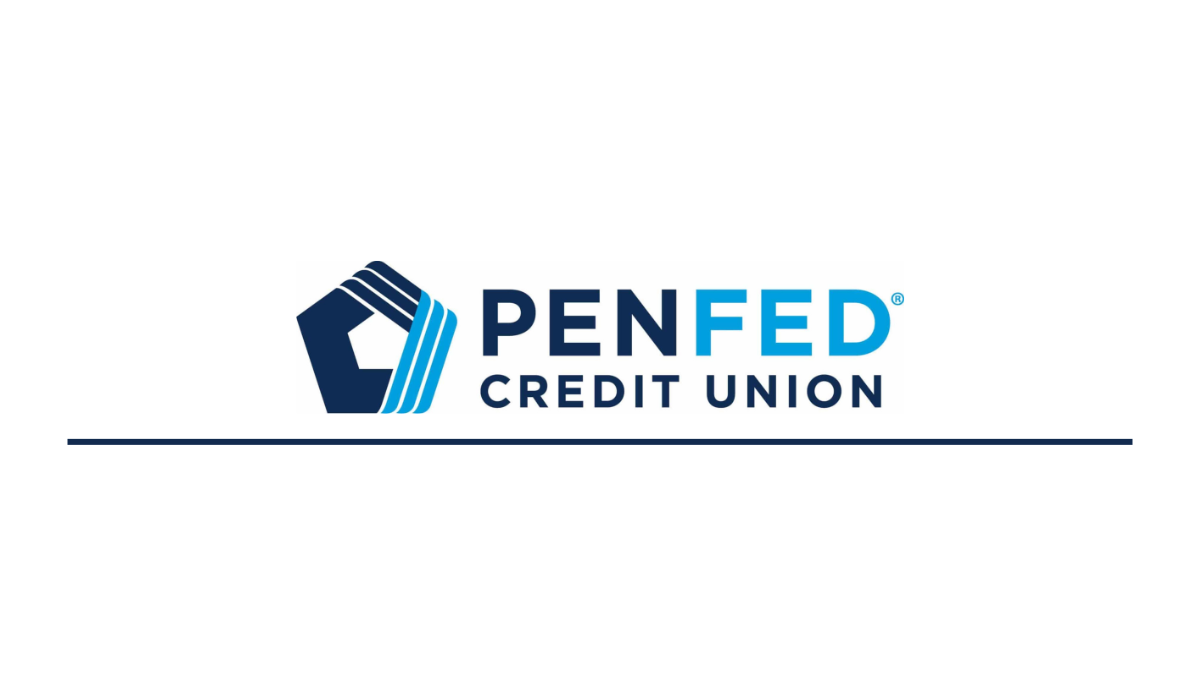
PenFed Credit Union Personal Loan review
This PenFed Credit Union Personal Loan review wll show you everything you need to know to get this loan easily.
Keep Reading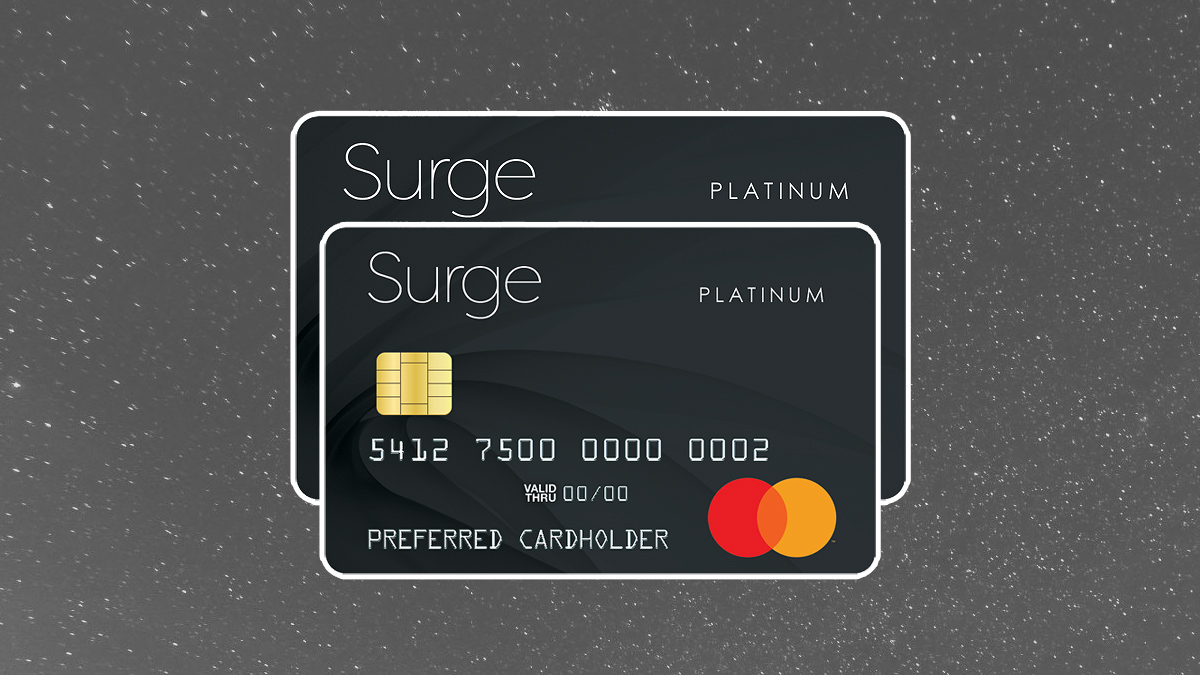
Surge Mastercard® Credit Card review
The Surge Mastercard® Credit Card is a great tool to help you repair your credit score. Learn more about it in this review!
Keep Reading
Apple unveils a slate of new upgrades at WWDC
Apple revealed a series of updates and a host of new features for its products at the WWDC Conference last Monday. Read on for more.
Keep ReadingYou may also like
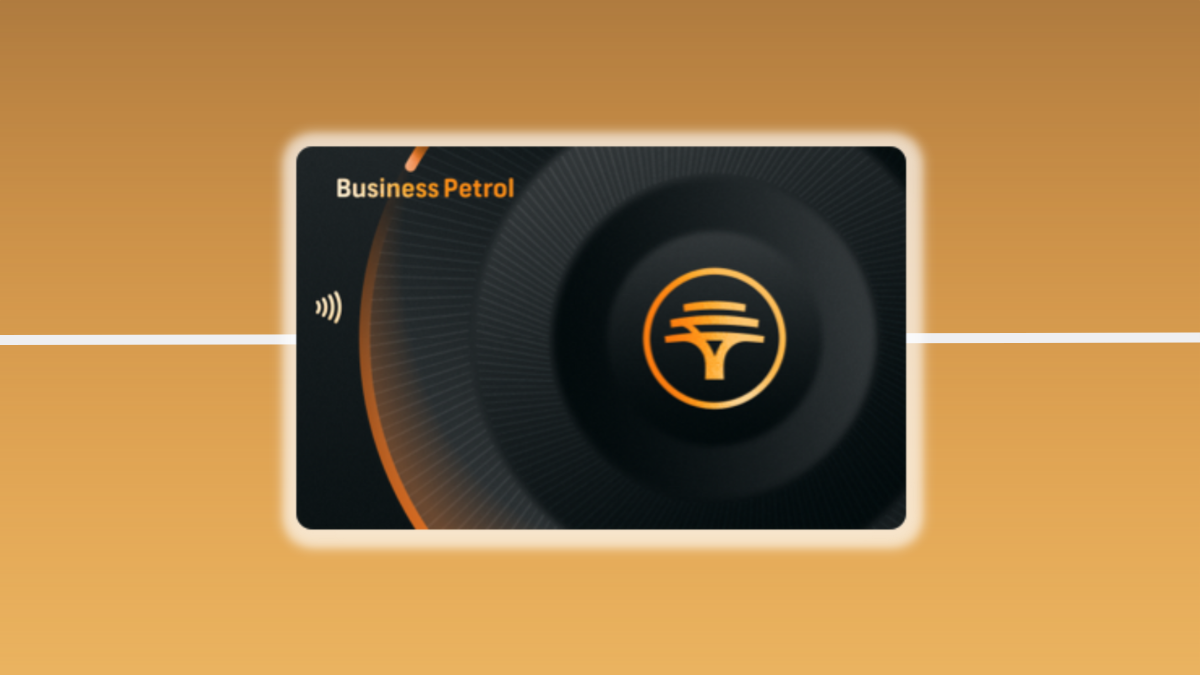
FNB Petro Credit Card application: Get Free AA Roadside Assistance
Start saving big on petrol station purchases with a little help from our FNB Petro Credit Card application guide.
Keep Reading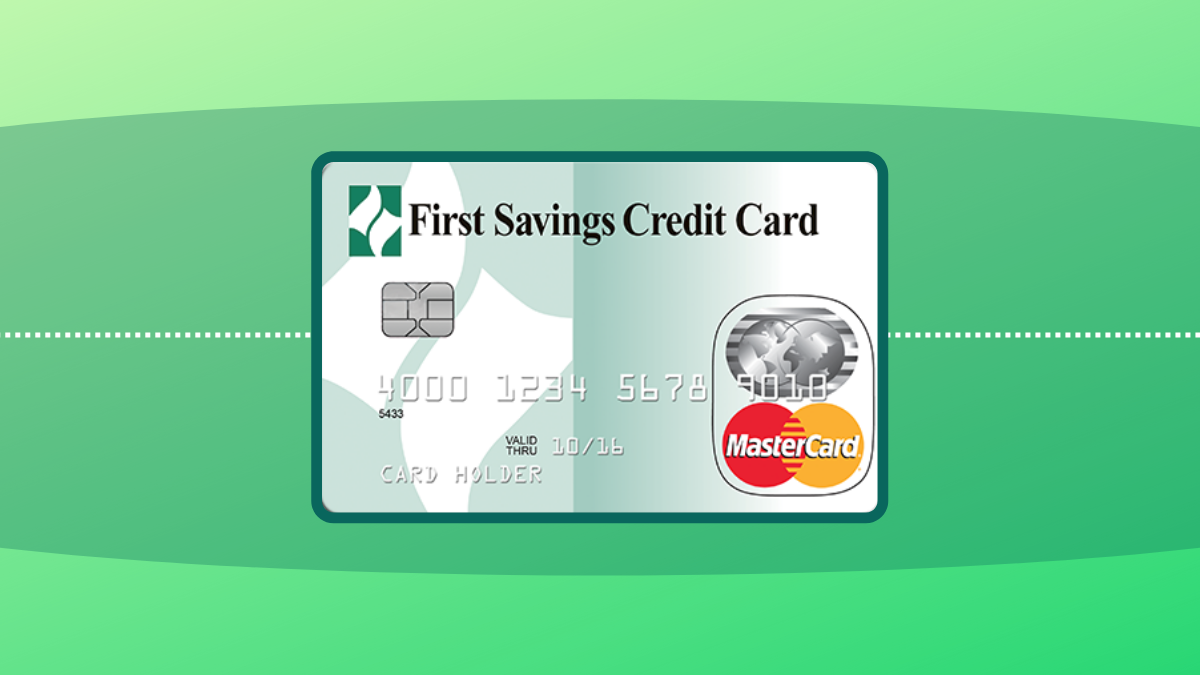
First Savings Credit Card review: Build or Repair your credit score
In this First Savings Credit Card review you will see how this card can help you build or repair your credit with no security deposit.
Keep Reading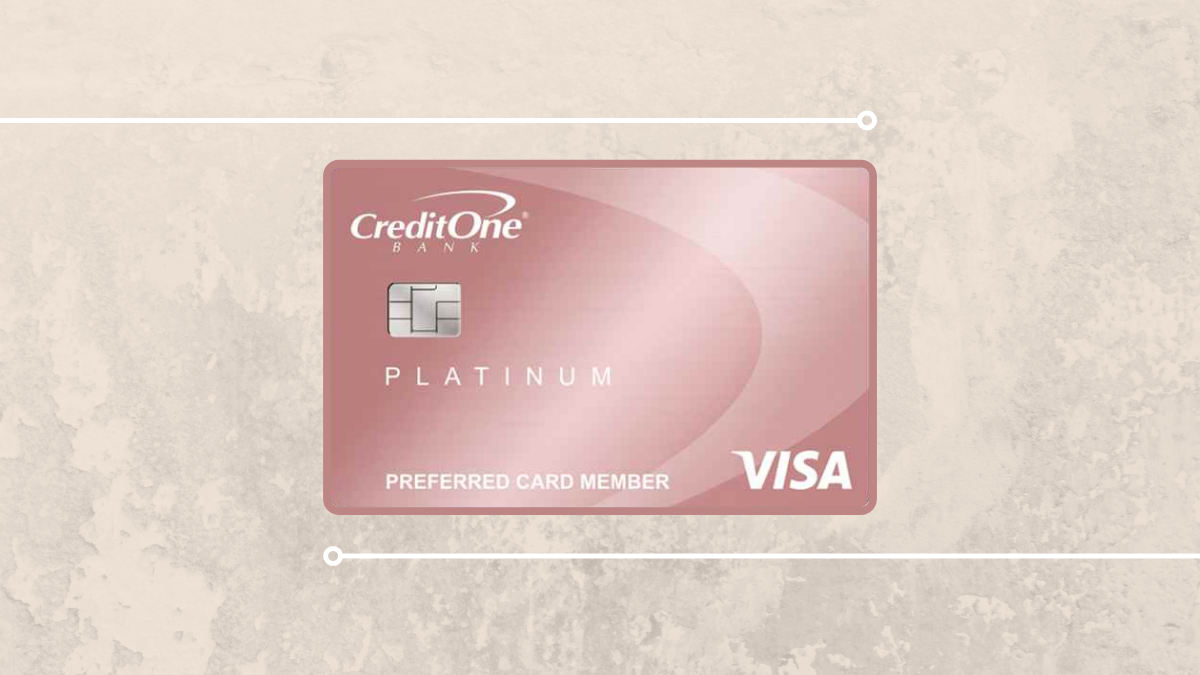
CoB® Platinum Rewards Visa with No Annual Fee Card application
Learn how easy it is to apply for the CoB® Platinum Rewards Visa with No Annual Fee Card application and build up your score!
Keep Reading